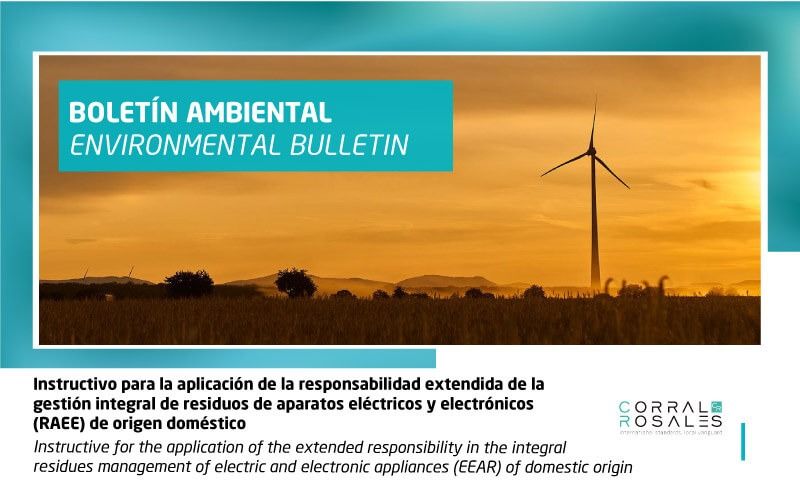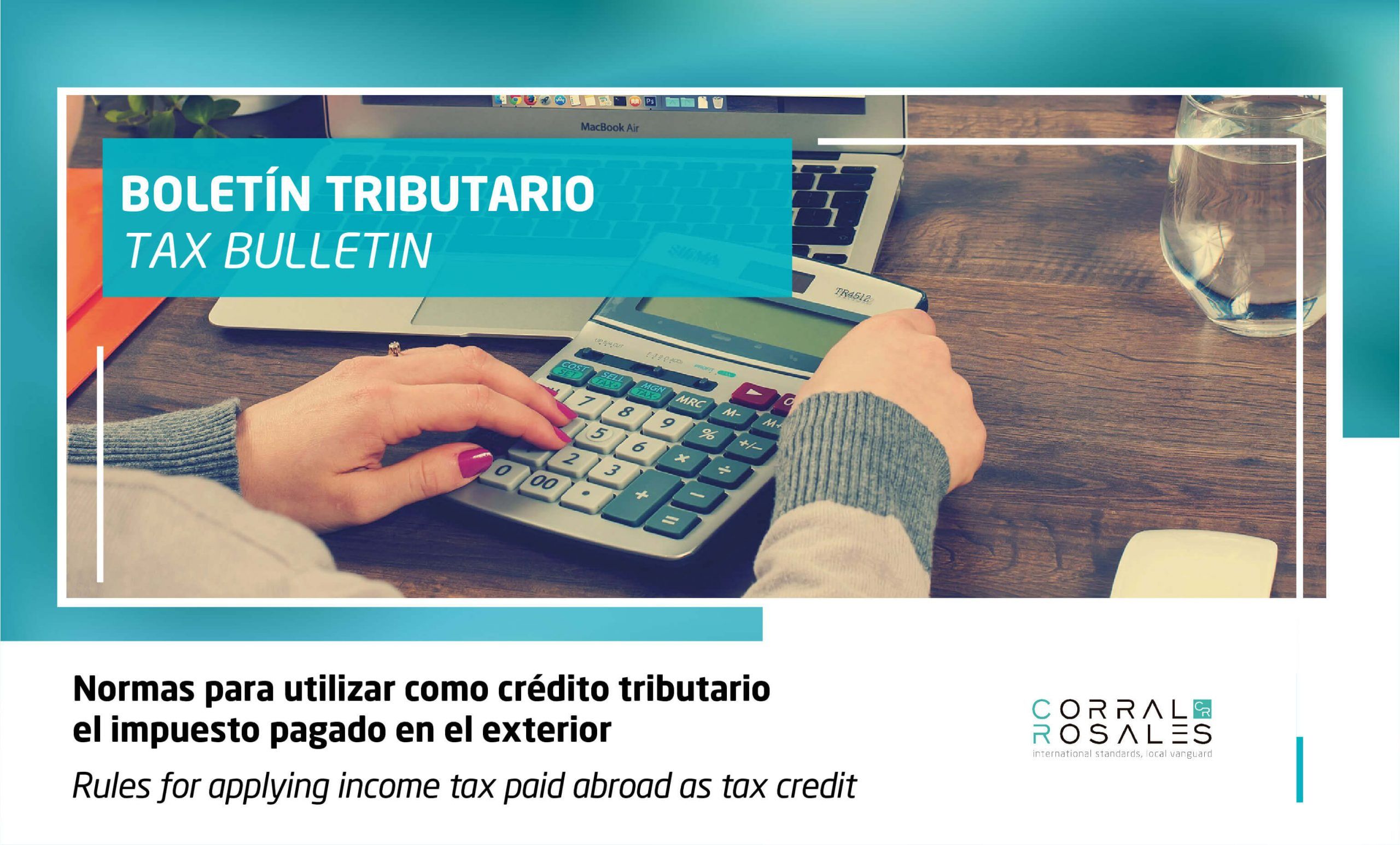The Superintendence of Companies, Securities and Insurance issued the Regulation on general shareholders’ meetings of limited liability companies, corporations, limited joint stock corporations, mixed economy corporations and simplified stock corporations, through Resolution No. SCVS-INC-DNCDN-2022-0010, published in the Second Supplement to the Official Gazette No. 99 of July 6, 2022 (hereinafter the “Regulation”).
The Regulation mainly addresses the changes introduced by the Law for the Modernization of the Law on Companies.
Below a summary of the most relevant aspects of the Regulation:
I. CALL
1. In addition to the specific requirements that the call for the general shareholders’ meeting must contain, the Regulation provides that the following information must be included:
- The indication of the electronic means for the telematic access of the members or shareholders who wish to participate through telematic means, with the information of the platform to be used for this purpose, as well as the access passwords.
- A clear and accurate description of the procedures that the members or shareholders must comply with in order to participate and cast their vote at the general shareholders’ meeting, including the following: (i) The right to request information and to include items in the agenda, as well as the deadline for exercising these powers; (ii) The procedures established for the casting of remote votes, indicating the e-mail to which the vote for each motion shall be sent to, in the case of participation of the members or shareholders by telematic means; and, (iii) The indication of the e-mail to which the corresponding document whereby a member or shareholder authorizes the participation to the general shareholders’ meeting on their behalf shall be sent.
2. Format of a press call: The call may be published in the newspaper with the largest circulation in the main domicile of the company, either in physical or digital format.
3. Waiver of call: The members or shareholders may waive their right to be called to a specific general shareholders’ meeting, by sending a communication to the legal representative, either physically or electronically. Even if they have not been called to the general shareholders’ meeting, it will be understood that the shareholders attending the corresponding meeting have waived their right to be called, unless they express their disagreement with the lack of call before the meeting takes place.
When the waiver is express, the documents containing the waiver must be attached to the general shareholders’ meeting file.
The member or shareholder waiving the call to a general shareholders’ meeting will lose the right to challenge, appeal, or claim the invalidity of the resolutions of the respective meeting.
4. Presumption of waiver of call: When a member or shareholder did not send an e-mail to the legal representative with the sufficient time in advance, and the bylaws do not provide for other alternative forms for the call, it shall be presumed that they waive their right to be called to a general shareholders’ meeting, without being able to claim the invalidity of the resolutions of the general shareholders’ meeting, due to the lack of call.
5. Right of members or minority shareholders to include additional items to the agenda or to request corrections to the items on the agenda: Members or minority shareholders holding at least 5% of the subscribed capital may request, only once for each general shareholders’ meeting, that additional items be included to those already referred to in the call of meeting; or that format corrections be made to previously issued calls. This right shall be applicable to ordinary and extraordinary general meeting.
The request for additions to the items on the agenda or for corrections to the items included in the call of meeting by a group of members or minority shareholders shall not prevent the other members or shareholders from requesting new additions or corrections with respect to such call of meeting.
This request must be addressed to the company’s manager empowered by the bylaws to call the general shareholders’ meeting, within a non-extendable period of 72 hours from the date of the call to the general shareholders’ meeting.
The matters to be included in the call or the request for formal corrections must be brought to the attention of the other members or shareholders up to 24 hours after receipt of the request. Consequently, the general shareholders’ meeting originally called shall be held after five days following the day after said communication have elapsed.
II. OPENING OF THE MEETING AND ASSITANCE
6. In meetings to be held totally or partially by telematic means, the manager must produce the respective register with its updated entries, sharing it through the technological systems in digital form, if necessary, at the request of any of the members or shareholders attending the meeting by telematic means.
7. In corporations whose shares are registered in a stock exchange, or in another negotiation mechanism, the list of attendees may also be based on the list issued for such purpose by the centralized securities clearing and settlement depository, where the register of shares and shareholders is kept; provided that such certificate has been issued no more than two business hours prior to the time scheduled for the beginning of the meeting. For the purposes of the application of these rules, business hours are those from 08:00 to 20:00.
8. In the case of units or shares owned by spouses, the individual registered as member or shareholder in the respective register shall represent them.
9. Recordation of transfers prior to the opening of the Meeting: Individuals who have acquired shares, or rights of usufruct or pledge over them, which entitle them to participate and vote in general shareholders’ meetings, and such transfer or rights have not yet been recorded in the Company’s Register of Shares and Shareholders, shall be entitled to participate in the general shareholders’ meeting called, with voice and vote for the entirety of their shares, for which purpose the legal representative must record the transfer or constitution of rights in the respective register, in accordance with the law.
10. Attendance to a general shareholders’ meeting by telematic means: General shareholders’ meetings may be held by any telematic means that allows the attendance and participation of the members and shareholders in real time. For such purposes, the respective call must announce the means of communication that will be used to hold the general shareholders’ meeting, being the responsibility of the manager to manage the means and provide the necessary information to allow the access of the members or shareholders on the day and at the time indicated.
11. Attendance of third parties to general shareholders’ meetings: If deemed appropriate, other key individuals may attend general shareholders’ meetings, such as executives, experts, press, financial analysts, or any other person deemed necessary for the holding of this event. For this purpose, the chairman of the shareholders’ meeting shall submit the proposal to the attention of the members or shareholders, so that they may decide whether or not to accept it. The chairman shall authorize the participation of interested individuals, for which the approval of the majority of the share capital attending the meeting must be obtained.
12. Waiver of attendance to the general shareholders’ meeting: The member or shareholder may waive its right to attend a general shareholders’ meeting by means of a physical or digital communication sent to the legal representative up to one hour prior to the opening of the general shareholders’ meeting. The waiver of attendance implies that the units or shares of the member or shareholder will be counted as attendees for the purposes of the required quorum. Unless the waiving member or shareholder expresses the contrary, it will be understood that he or she refrained from voting.
In the content of the waiver, the member or shareholder may issue his opinion by way of a vote, which may be affirmative, negative, or refraining, on each of the items of the agenda contained in the call of the meeting.
13. In-person attendance: Members and shareholders may attend general shareholders’ meetings in person; that is, physically or through videoconferences.
The general shareholders’ meeting may convene, meet, and validly resolve any matter within its authority, using videoconferencing or any other digital or technological means. For such purposes, the member or shareholder shall be responsible for ensuring that his presence is verified through this means of telematic communication.
The member or shareholder shall leave record of his attendance, by means of an e-mail addressed to the secretary of the meeting, and this shall be specified in the list of attendees and such e-mail must be included in the respective file.
III. VOTES AND RESOLUTIONS
14. Voting records: As a backup of the vote of the members or shareholders who attend the meetings via videoconference, they must send the secretary of the general shareholders’ meeting an e-mail stating his vote for each motion, notwithstanding that the vote of such member or shareholder is recorded by the company.
15. Business secrets: General shareholders’ meetings are private meetings at which business strategies may be discussed or sensitive information may be disclosed and those present are prohibited from disclosing such confidential information and business secrets.
16. Cases of unenforceability of resolutions of the general shareholders’ meeting: When the Superintendence of Companies, Securities and Insurance determines that one or more resolutions of the general shareholders’ meeting are in violation of the Law on Companies or other relevant legal or statutory regulations, in exercise of its control and oversight powers, it may advise the corresponding company that such resolutions are unenforceable, on the grounds that they have been taken in violation of express regulations, in order that the omissions, breaches or violations be remedied, except in the event that the applicable regulations provide for the nullity of said resolutions. The foregoing, notwithstanding any subsequent resolution issued by a competent judicial body or official, in the event of a claim by an interested or injured party.
17. Recording of the sessions of the general shareholders’ meeting: All sessions of the general shareholders’ meetings must be recorded on magnetic or digital media, and it is the responsibility of the secretary of the shareholders’ meeting to incorporate the electronic record to the respective file.
A tape or digital recording shall not be compulsory in the case of universal meetings unless a shareholder expressly requests it.
In the case of foreign members or shareholders, means may be implemented to allow simultaneous translation of the participations of the meeting, when deemed convenient.
IV. GENERAL SHAREHOLDERS’ MEETINGS NOT ATTENDED IN PERSON
18. In the call to a specific general shareholders’ meeting, the legal representative may suggest to the members or shareholders, the direct approval of resolutions, urging them to cast their vote on the items that are part of the agenda, in order to avoid the opening of a formal session, for which it will be necessary to comply with the following requirements: (i) The deadline (no more than 5 days) must be stated, so that the members or shareholders may express their agreement with this procedure or not; (ii) The vote must be recorded by physical, electronic or any other means of communication that guarantees their identity, their agreement with this procedure and the affirmative, negative or refraining vote to the items on the agenda, (iii) The decision shall be agreed by the majority determined in the bylaws or with the majority of votes provided for in the Law on Companies, (iv) The legal representative of the company shall subsequently communicate the resolutions to the members or shareholders, within 5 days following the receipt of the vote, (v) The minutes shall be signed only by the legal representative of the company and shall detail the direction of the vote and the percentage of the capital represented by each member or shareholder; and, (vi) The minutes must be accompanied by the documentation that justifies the direction of the vote.
In the event that the members or shareholders have opposed to this procedure or have not expressed their acceptance, the general shareholders’ meeting will be held in the way provided for in the call of meeting.
19. Universal Shareholders’ Meetings not attended in person: General shareholders’ meetings not attended in person may also be universal if the members or shareholders agree on the items of the agenda to be discussed. In order to determine universality, in addition to the signatures of the chairman and secretary of the meeting, the members or shareholders must sign the minutes, under penalty of nullity. The signature, physical or electronic, of the members or shareholders may be carried out on a different date than the date in which the meeting was held.

Specialist in Corporate
Milton Carrera, senior associate at CorralRosales
mcarrera@corralrosales.com
+593 2 2544144
Would you like to receive our newsletters with information like the one you have just read?
Click here and subscribe.

















